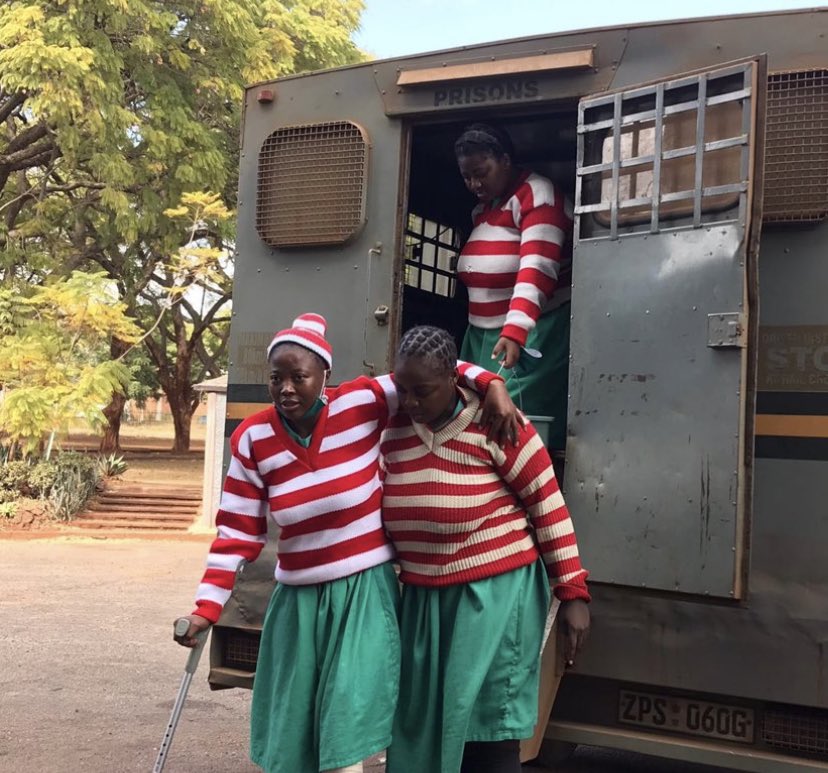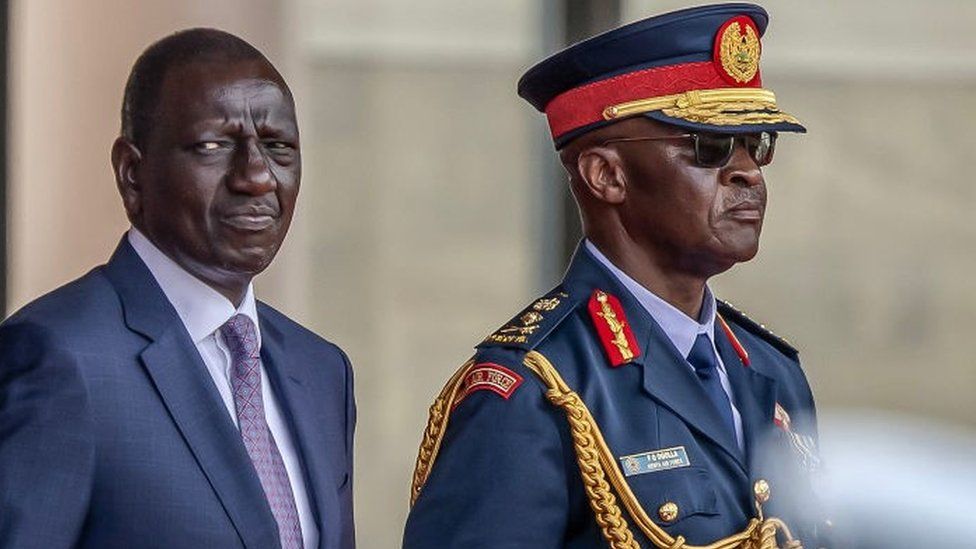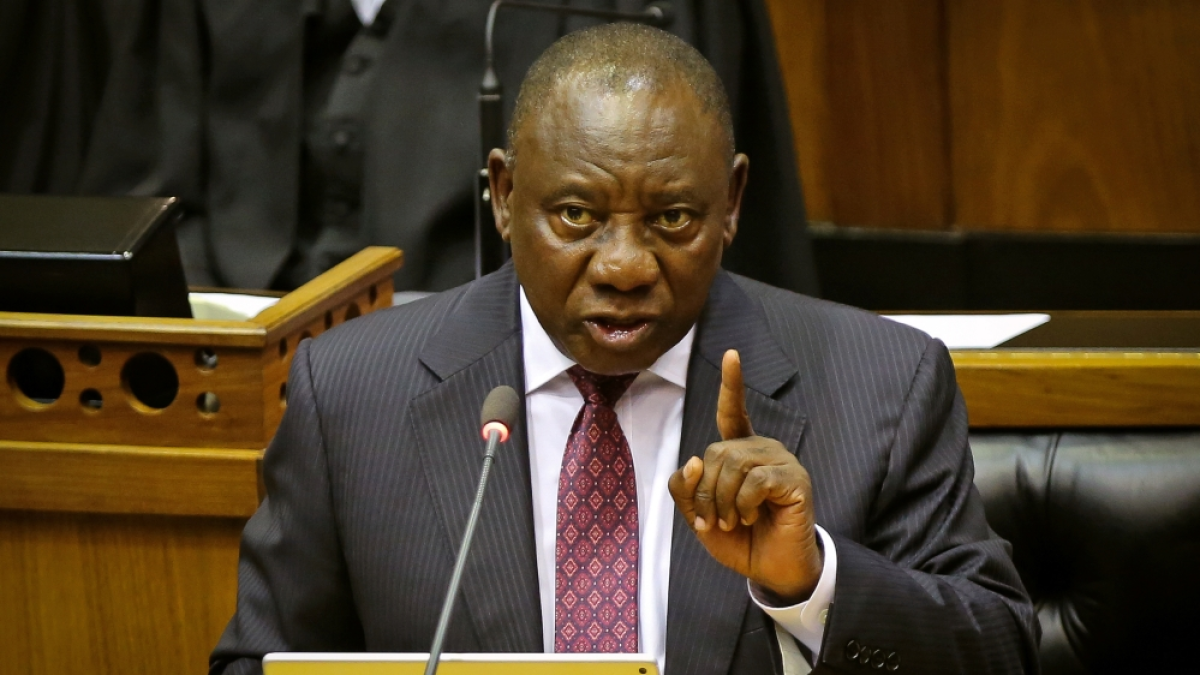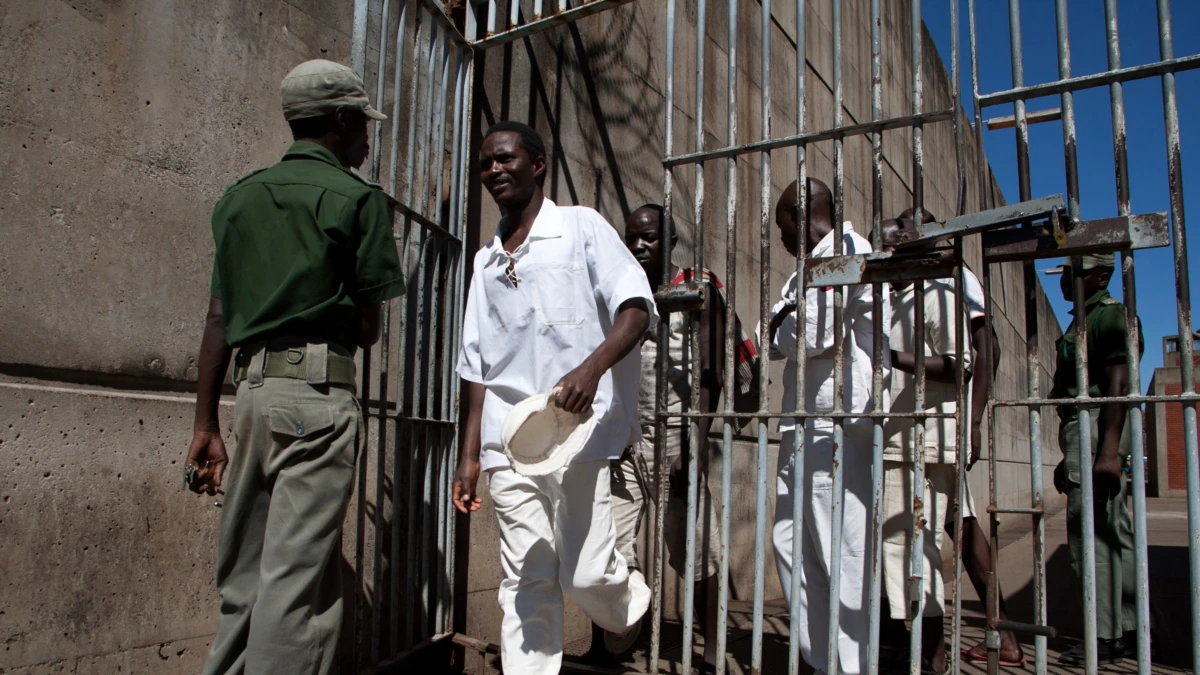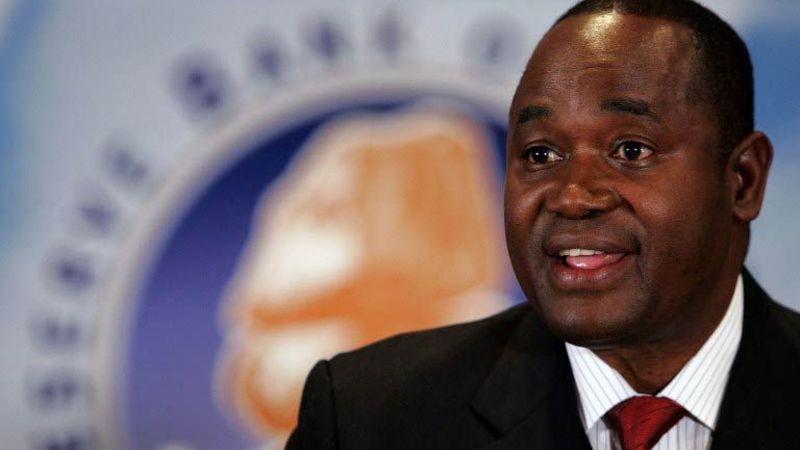HARARE – Three female MDC Alliance activists accused of staging their abduction and torture were freed on bail on Friday after the High Court ruled that a magistrate who denied them bail obsessed about their conviction without establishing whether there was overwhelming evidence as alleged by the State.
Harare West MP Joana Mamombe and fellow youth activists Cecilia Chimbiri and Netsai Marova were denied bail by Harare magistrate Bianca Makwande after they were charged with communicating or publishing false statements prejudicial to the State.
The women’ ordeal began when they were arrested on May 13 after taking part in an anti-government protest in Harare’s Warren Park suburb. They were abducted from the police station, driven out of Harare and tortured over two days, according to their lawyers. They also allege sexual assault by their captors also also made them consume each other’s excrement.
Justice Moses Foroma freed the three women on $10,000 bail each on Friday after criticising Makwande’s reasoning for denying them bail.
Makwande, who has been promoted to Deputy Chief Magistrate since denying the women bail, “concerned herself with the consequences of a conviction i.e. the sentence before satisfying herself of the prospects of conviction which she ought to have easily done by establishing whether on the alleged overwhelming evidence all the essential elements of the offence could readily be proved which however she did not do,” Justice Foroma said.
“This was an obvious but impermissible reliance by the court a quo on the mere seriousness of the offence alone as a basis for denying the appellants their constitutional entitlement to bail. The court a quo quite clearly misdirected itself here. It relied on consequences of a publication or communication which it did not show had been made.
“The investigating officer’s testimony did not address the essentials of the charge in any meaningful or significant manner. No evidence was led from him as to how it was alleged the appellants had published or communicated false statements prejudicial to the state yet such publication or communication was a vital element of the offence charged.
“Form 242 which contained the allegations against the appellants does not contain the alleged publication. The bail court at the very least ought to have satisfied itself that the prospects of conviction were apparent.”
Lawyers for the three women, led by Alec Muchadehama, argued that statements made to police by the three women are neither false nor do they constitute a publication.
Makwande, in denying the women bail, reasoned: “Given the circumstances in this case and the allegations against the accused persons that they choreographed and dramatised their alleged abduction in a bid to soil the image of the country, it is highly likely that if convicted they will be sentenced in the higher side of penalties for the offence in question.”
Justice Foroma was scathing of that ruling.
The judge blasted: “What evidence of choreographing or dramatisation of abduction resides in a statement of complaint of abduction made by the appellants to the police?
“Prosecutors’ submissions should never be elevated to fact or evidence as that would be a misdirection. They remain argument and yet the court a quo based the finding that the state case was overwhelming on prosecutors’ submissions and not on evidence.”
The prosecution claimed it had obtained a video of the three women at Belgravia Shopping Centre long after they told their lawyer they had been arrested – but the video was not produced in court and prosecutors declined a defence request to be given the video.
The government’s claims that the women staged their abduction has been forcefully rejected by the MDC Alliance, which has demanded an independent investigation into the matter.
